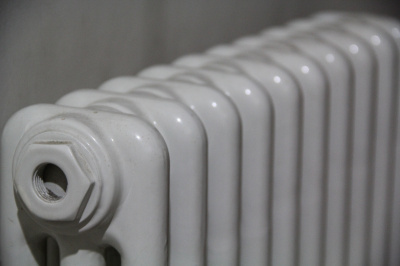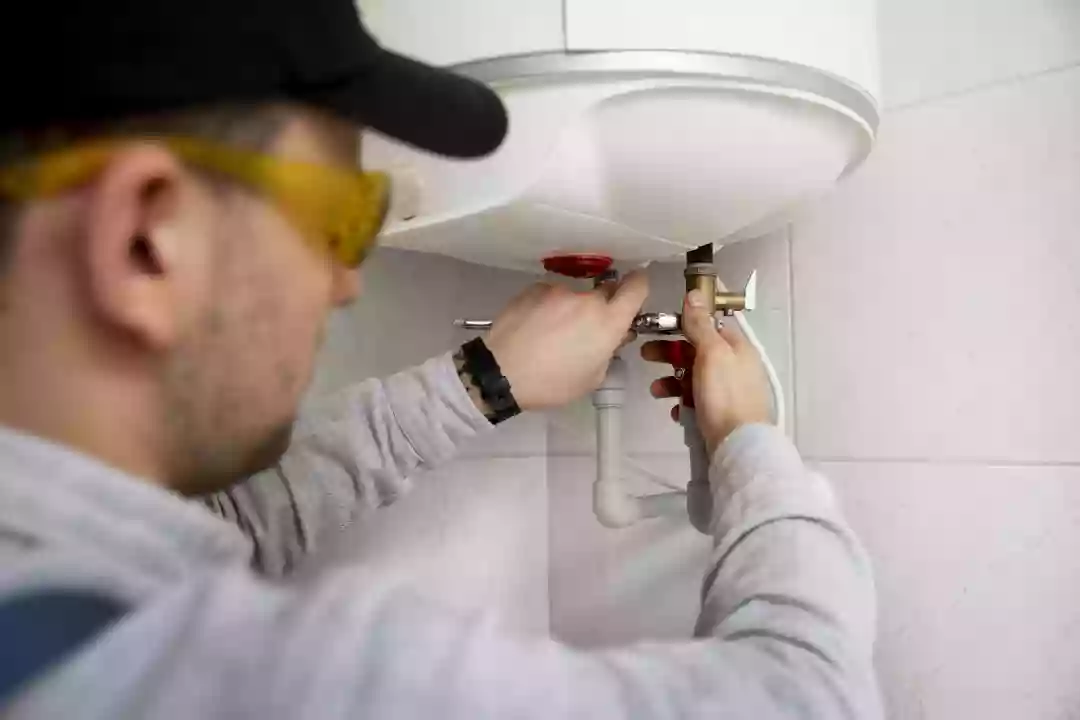Effective Insulation
Heating your home effectively and cost-efficiently isn't an easy task; there are numerous factors that can affect how much it will cost to heat your home. To help ensure you get the best value for your money, it's important to understand what these factors are and how they work together. Here, we take a look at what affects the cost of heating your home.
Insulation is one of the most important factors in determining how much it costs to keep your home warm. Ineffective insulation can cause heat to escape from your home, leading to higher energy bills. In order to reduce energy costs, make sure that your property is properly insulated with enough insulation in the walls, windows, and ceilings. This could include double-glazing, loft insulation, and cavity wall insulation.
Boiler and Radiators Run Correctly
Having an efficient boiler and radiator is also a key factor in how much it costs to heat your home. Ensuring that your boiler and radiators are running correctly and efficiently is essential for cost-effective heating. Make sure to have your boiler serviced regularly by a qualified engineer to ensure it is running efficiently and check for any problems or signs of wear and tear. Additionally, make sure that your radiators are properly proportioned, with well-sized valves and thermostatic radiator valves.

Need assistance finding central heating near you?
Get a QuoteType of Fuel Heating Your Home
The type of fuel used to heat your home is also a major factor in the cost. For example, oil-powered boilers are generally more expensive to run than gas-powered ones. Similarly, electric central heating systems typically have higher running costs than gas systems. So, choose a fuel type that is most cost-effective for your needs.
Size of Your Home
The size of your home can also influence the cost of heating it. Larger homes require more energy and fuel to maintain a comfortable temperature, so it will cost more to heat them than smaller homes. You can reduce your energy bills by making sure your home is properly sealed, with doors and windows properly insulated and closed properly, and by using a timer to turn the heating on only when needed.
Thermostat Settings
Finally, the settings on your thermostat can also affect the cost of heating your home. Setting the temperature too high will cause your boiler to be working harder and therefore, costing more money. It is recommended that you set your thermostat to 18-21 degrees Celsius, as this will ensure your home is kept at a comfortable temperature while using the least amount of energy. Additionally, use a programmer to ensure your heating system isn't running any more than necessary.
By understanding and managing all of these factors, you can be sure that you get the most cost-effective heating for your home. Take the time to research various options, install appropriate insulation, and make sure your boiler and radiators are running efficiently. This way, you can make sure that your home is heated effectively and cost-efficiently.
In this article:
